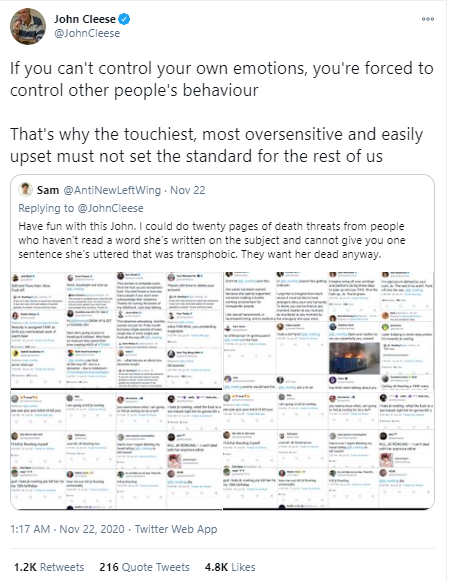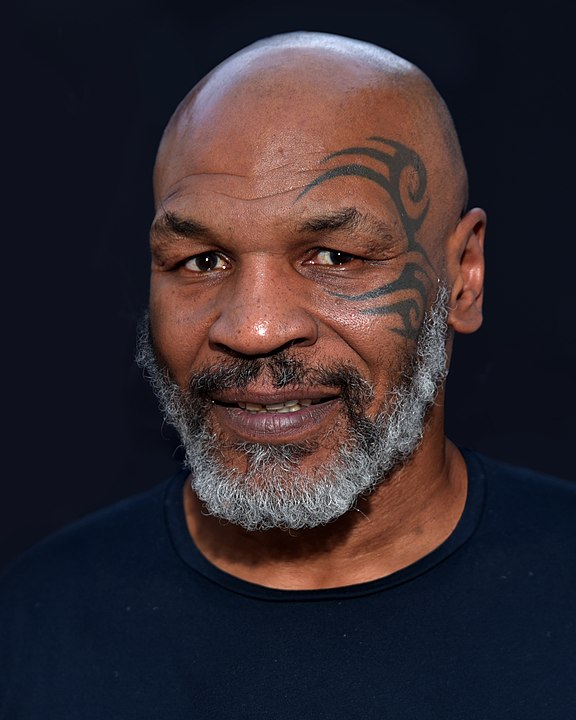I majored in philosophy many years ago and I found this field of study, in equal parts, exciting and frustrating. Far too often, it seemed like an exercise in semantics. I found most articles in traditional philosophical journals to be tedious, pedantic, hair-splitting and boring. That said, some of the most hotly debated controversies in philosophy are alive and well. For instance, the philosophy of science is a field rife with simple-looking terms that turn out to be extremely fraught. One of those terms is "explanation." What is an "explanation?" During a cognitive science seminar at Washington University, I once asked Philosopher Andy Clark how to distinguish "descriptions" from "explanations." Clark wryly replied: "An explanation is a description that makes you feel good."
Why is the proper definition of explanation so important? Because many of our current (non-philosophical) debates stalemate over whether the other side has adequately "explained" something. So how can we determine whether someone has properly "explained" something?
Philosopher of science Bas Van Fraassen wrote that an explanation is an answer—an informative description evaluated pursuant to the context established by a particular question—a request for a specific kind of information. That makes intuitive sense to me, but the devil is in the details. Because we often attempt to explain things in terms of causation, the topic of "explanation" has a large overlap with "causation." Many philosophical luminaries have grappled with "causation," including David Hume ("constant conjunction"), Karl Popper and Nicholas Tinbergen (who offers four types of causation). Upstarts Mark Johnson and George Lakoff have pain-stakingly analyzed causation in terms of conceptual metaphors and their entailments, concluding that causation is:
a radial category of extraordinary complexity. In that complex radial category, there is no set of necessary and sufficient conditions that covers all the cases of causation. Therefore, causation as we conceptualize it is not a unified phenomenon. It does not simply designate an objectively existing category of phenomena, defined by necessary and sufficient conditions and operating with a single logic in the mind-independent world.
In short, Johnson and Lakoff indicate that "causation" is not one simple thing. Far from it. Lakoff further elaborates:
The science and the social sciences all use causal theories, but the metaphors for causation can vary widely and thus so can the kinds of causal inferences you can draw. Again, there is nothing wrong with this. You just have to realize that causation is not just one thing. There are many kinds of modes of causation, each with different logical inferences, that physical, social, and cognitive scientists attribute to reality using different metaphors for causation. Again, it is important to know which metaphor for causation you are using. Science cannot be done without metaphors of all sorts, starting with a choice of metaphors for causation. Most interestingly, if you look at the history of philosophy, you will find a considerable number of "theories of causation." When we looked closely at the philosophical theories of causation over the centuries, they all turned out to be one or another of our commonplace metaphors for causation. What philosophers have done is to pick their favorite metaphor for causation and put it forth as an eternal truth.
Why am I writing about these topics? Again, getting a grasp on the meaning and function of "explanations" has repercussions far beyond philosophy and far beyond science. It is relevant every time any person makes a claim. This includes political and moral claims. Getting clear on the meaning and function of "explanations" relate to most of the words that come out of your mouth whenever you are trying to be "serious."
The above ideas have been my starting points for exploring this topic of the functions of explanations. For years, I have been working on a much longer analysis of these critically important ideas.
To be continued . . .



